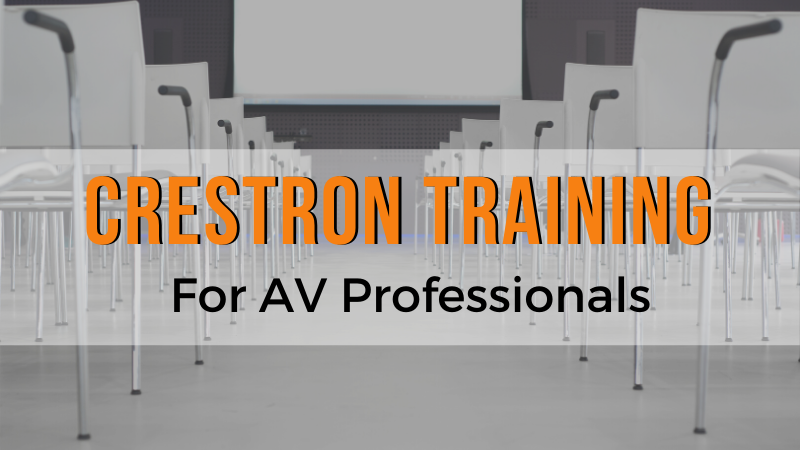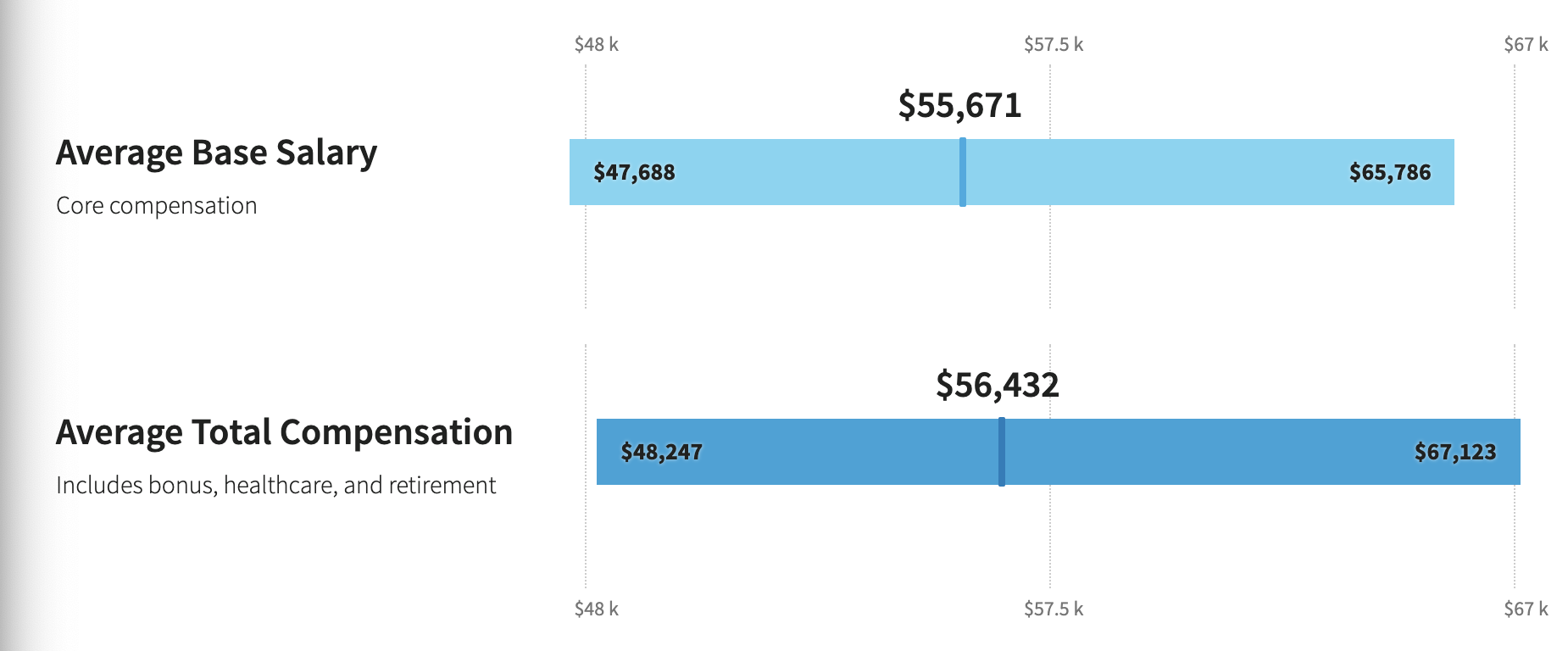
Here are 7 tips for interview success.
1. Start with your Resume
You will have to speak about everything in your resume in great detail. Make sure to have key points to talk about your resume. Review your resume to make sure that you have not stretched the truth in certain areas. Also, be sure to bring extra copies of your resume to pass out.
2. Question Preparation
Spend some time preparing for the actual interview questions, think about ones that may come up and develop answers that will address what the employer is looking for. Also, formulate questions that you'd like to ask the interviewer, such as "what was the most challenging project you have worked on while your time in the company?" or "what is the next step in moving forward?" Rehearse your potential answers, but on the day of the interview make it sound natural and not rehearsed. The job description is also a good place to look for ideas for questions
3. Company Research
Do in-depth research on the company. Learn about the company's mission, history, news events, conferences, and future development. Don't forget to check out the company's social media accounts to discover what the company is doing on a day-to-day basis and its interaction within their industry. You'd be surprised by how much information you can find on companies' social media accounts! Nicole, a Hiring Expert at ManpowerGroup says, "By thoroughly researching the employer you increase your chances of making a positive and memorable first impression. I would recommend digging deeper than just general knowledge about an employer.
- What are the services/products that the company offers?
- How large is the company? Other locations? How many employees?
- What is their philosophy or mission statement?
- What is the company culture like?
- Do they have other locations?
- Have they won any awards or received recognition?
- Do they give back to the community?
- Who are their competitors?
- Research the executives and the person you are interviewing with.
The more information you have about a company, the more confident you will feel during the interview, and the better impression you will make.
4. Leverage Your Network
Make sure to use all of your resources to learn about the internal aspects of the company, especially your LinkedIn connections. Do you know someone who works in the company? Have you attended events of conferences that the company has also attended? Mentioning current employees and events or conferences attended by the company can show how much you know about the company and how quickly you can assimilate to their company. This is also a great way to show off your communication skills!
5. Talk to Your Recruiter
Make sure to talk to your recruiter! Your recruiter is one of your most valuable resources and should be used to prep and coach you for the interview. Your recruiter will have valuable information on the company that can boost your interview such as specific questions to prepare for, the personality of the hiring manager or the qualities searched for in candidates. Your recruiter can be your potential lifeline and make a difference in the outcome of the interview.
6. Arrive on Time
Make sure to arrive at least 15 minutes before the interview, to allow for time to fill out additional paperwork. It will also make a great first impression on the interviewer.
7. Interview Outfit (Attire)
Make sure to look as professional as possible! While some companies have a more business casual atmosphere, others prefer the traditional button-down and pressed suit image. Make sure that your attire matches the company dress code. For either type of company, make sure your clothes are clean, ironed, and your shoes shined. As the old saying goes "the first impression is the most lasting."






.png?width=678&name=12%20Key%20Strategies%20to%20land%20Your%20Dream%20Job%20(1).png)





.png?width=800&name=Is%20the%20Hybrid%20Recruiting%20Model%20right%20for%20your%20business_%20(1).png)





